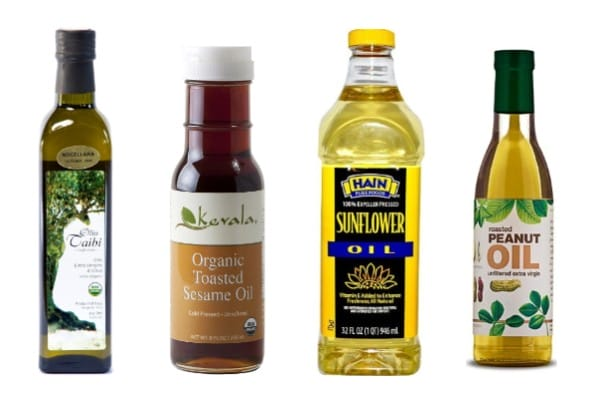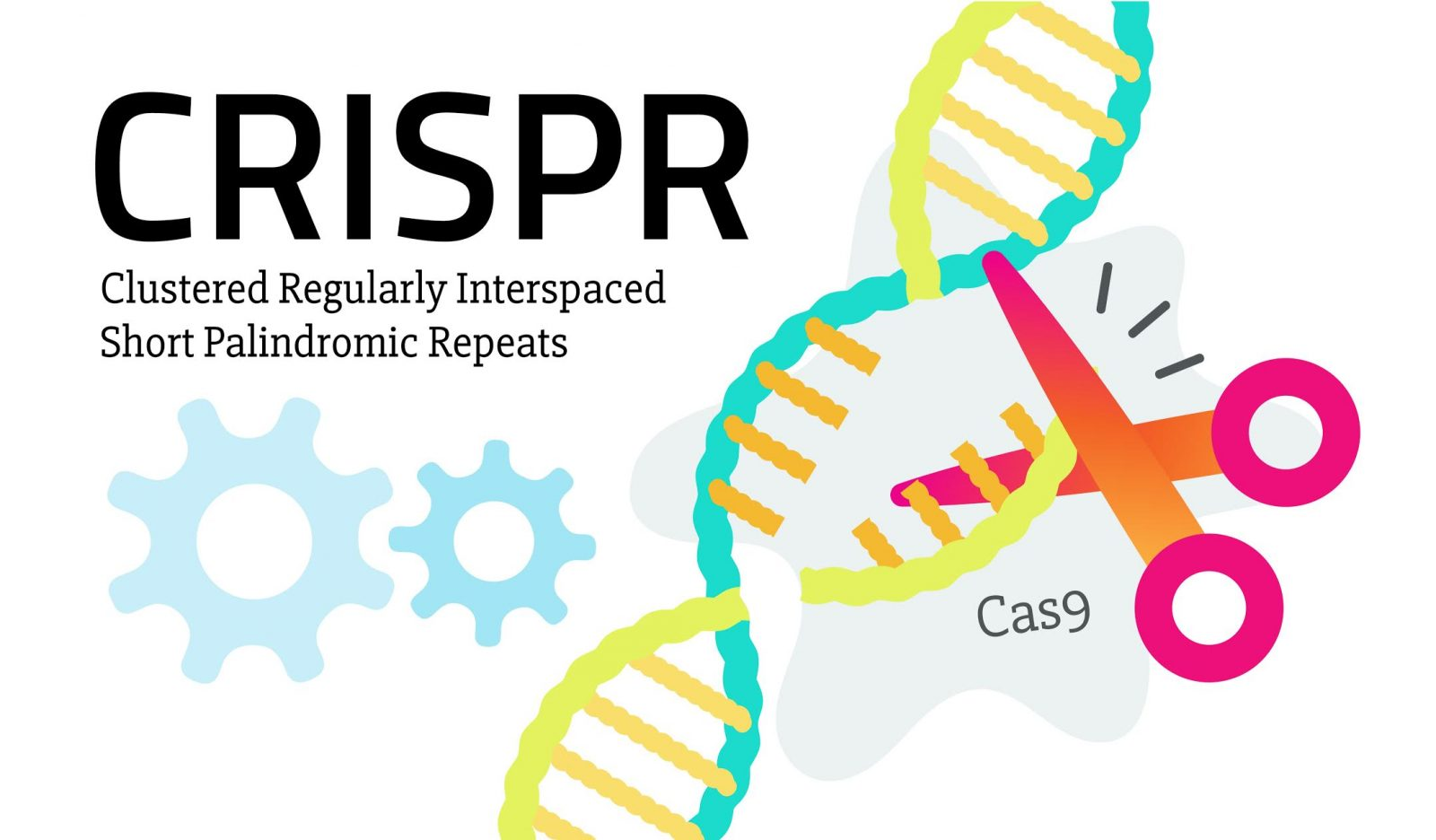Plant-based oils are emerging as a vital component in the quest for healthier living, with studies suggesting that incorporating them into our diets could significantly lower health risks. A recent health study highlights that swapping butter for plant-based oils can reduce the risk of premature death by up to 17 percent, particularly benefiting cancer and cardiovascular health. By replacing saturated fats with these more heart-healthy alternatives, individuals not only embrace a flavorful shift but also a potentially life-extending dietary choice. The health benefits of plant-based oils, such as soybean and olive oil, underscore their role in promoting better nutrition and lowering mortality risk. As research continues to advocate for this essential dietary swap from butter to oils, many are encouraged to rethink how they approach cooking and meal preparation.
Alternative cooking oils derived from plants are gaining traction as a healthier option in modern nutrition discussions. These oils, which include varieties such as canola and sunflower, can provide essential dietary fats without the adverse effects associated with saturated fats found in butter. A growing body of research reveals that using these liquid fats can not only enhance flavors in our meals but may also play a critical role in improving long-term health outcomes. From reducing cancer risks to promoting cardiovascular wellness, the shift towards plant-derived oils signifies an important change in dietary habits that could contribute significantly to overall well-being. Individuals seeking to embrace a more health-conscious lifestyle should consider the many merits of substituting traditional fats with these plant-based oil alternatives.
The Benefits of Plant-Based Oils in Your Diet
Incorporating plant-based oils into your daily diet is not just a trend; it carries substantial health benefits backed by research. Studies have shown that replacing saturated fats from butter with unsaturated fats from oils such as olive, soybean, and canola can lead to a significant reduction in mortality risk. The recent findings from the Harvard T.H. Chan School of Public Health indicate that such simple dietary swaps may decrease the likelihood of premature death by up to 17%. This statistic highlights the importance of making conscious choices about the types of fats we consume.
The health advantages extend beyond just longevity; plant-based oils are linked to improved cardiovascular health and a lowered risk of certain cancers. The unsaturated fatty acids present in these oils can help in reducing bad cholesterol levels, thus enhancing heart function. Moreover, the antioxidant properties found in oils like olive oil contribute to reducing inflammation, a key factor in many chronic diseases. Adopting a diet rich in plant-based oils not only aids in maintaining a healthy weight but also fortifies the body against severe health conditions.
Swapping Butter for Oils: A Simple Dietary Change
Making the switch from butter to plant-based oils can be easier than you might think. Rather than completely overhauling your eating habits, small changes can lead to significant health improvements. For instance, using olive oil for cooking instead of butter can enhance flavor while providing a healthy dose of monounsaturated fats. Additionally, incorporating these oils into dressings and marinades can help you on your journey toward healthier cooking without sacrificing taste.
This dietary swap doesn’t just offer a quick fix; it’s a sustainable lifestyle change that can yield long-term benefits. Even reducing butter intake moderately and replacing it with plant-based oils can have meaningful health impacts. For individuals concerned about their health metrics, making this simple adjustment can help in lowering mortality rates associated with chronic diseases, ultimately leading to improved quality of life.
Health Studies Highlighting Plant-Based Oils
Numerous studies have examined the impact of dietary fats on health, with increasing attention on the benefits of plant-based oils. The recent health study out of Mass General Brigham included a comprehensive analysis of data collected from over 200,000 participants over three decades. This landmark research discovered a consistent trend: higher intake of plant-based oils correlates with lower mortality rates, particularly from cancer and cardiovascular disease. Such findings emphasize the importance of considering not just what we eat, but the sources of the fats we consume.
Research on plant-based oils and their health impact reveals a need for greater public awareness of dietary choices. The research indicated that participants who consumed the highest amounts of butter experienced a 15% increased mortality risk, underscoring the detrimental effects associated with saturated fats. This stark contrast highlights a crucial takeaway: integrating plant-based oils into our diets is more than just an alternative; it’s a vital step towards a healthier lifestyle.
Lowering Mortality Risk through Diet
The correlation between dietary habits and mortality risk is a critical focus of health research. As evidenced by the significant outcomes of recent studies, a diet composed of unsaturated fats—primarily derived from plant-based oils—can substantially lower mortality risk. For instance, the study showed that participants who substituted butter for oils experienced a notable 17% reduction in risk of dying prematurely. This statistic is a powerful reminder of the influence our dietary choices can have on our long-term health.
In practical terms, implementing dietary changes such as these can promote better health outcomes on both individual and public health levels. Lowering mortality risk through simple dietary adjustments allows individuals to take necessary steps towards their health without drastic lifestyle alterations. By prioritizing plant-based oils, individuals not only work towards a healthier present but also invest in their future well-being.
Plant-Based Oils and Cancer Prevention
Research into the relationship between dietary fat and cancer outcomes has revealed promising results regarding plant-based oils. The health study discussed earlier indicated that participants with higher consumption of plant-based oils exhibited significantly lower cancer mortality rates. The presence of antioxidants and anti-inflammatory properties in oils like canola and olive oil contributes to these protective effects, suggesting that integrating these oils into daily diets can be a proactive measure for cancer prevention.
Furthermore, the shift from butter to plant-based oils can mitigate various risk factors associated with cancer. Since butter is abundant in saturated fats, its excessive consumption may increase inflammation in the body, which is a known contributor to cancer development. By choosing plant-based oils, individuals can support their metabolic health and potentially create an unwavering line of defense against cancer, bolstering overall health and longevity.
Cardiovascular Health and Plant-Based Oils
The connection between dietary fats and cardiovascular health is well-established, with recent studies emphasizing the protective benefits of plant-based oils. The heart-healthy properties of unsaturated fats found in oils such as olive and canola oil have been shown to improve cholesterol levels and reduce blood pressure—a critical factor for cardiovascular wellness. Substituting butter with these oils offers a substantial impact on reducing heart disease risk.
Moreover, the oil composition in plant-based products generally offers a variety of beneficial nutrients. For instance, both omega-3 and omega-6 fatty acids present in many plant-based oils support heart health by regulating inflammation and enhancing arterial function. Thus, embracing these oils within your daily dietary regimen is a strategic move not just for longevity but for maintaining a healthy heart.
Making the Dietary Shift: Tips for Incorporating Oils
For those considering a shift from butter to plant-based oils, practical tips can make the transition smoother. Start small by substituting oils in your cooking methods—replace fry oils with olive oil for frying or use it in salad dressings. Gradually increase your oil intake while reducing butter use, thus allowing your palate to adapt to the new flavors. This gradual shift can prevent a sudden change that might feel daunting.
Additionally, exploring different types of plant-based oils can help find what suits your taste and cooking style best. Oils like avocado or flaxseed offer unique flavors and health benefits, further enriching your meals. When preparing meals, opt for oils that maintain stability at high cooking temperatures, like grapeseed or canola oil, thus ensuring both taste and health are prioritized.
Culinary Uses of Plant-Based Oils
The versatility of plant-based oils goes beyond health benefits; they can significantly enhance culinary experiences. Each type of oil has a unique flavor profile, allowing for creativity in the kitchen. For instance, using sesame oil in Asian dishes can deepen flavors, while coconut oil can add sweetness to baked goods. By applying plant-based oils strategically, home cooks can craft diverse and nutritious meals without compromising on taste.
Additionally, incorporating plant-based oils into everyday cooking doesn’t mean sacrificing favorite recipes. Many traditional recipes, once reliant on butter, can be easily adapted to include oils—such as sautéing vegetables in olive oil instead of butter or drizzling avocado oil over roasted dishes for added richness. Embracing these oils will not only diversify your cooking repertoire but also contribute to long-term health benefits.
Public Health Implications of Dietary Changes
The public health implications of adopting a diet rich in plant-based oils are substantial. As research highlights the links between dietary choices and chronic disease prevention, promoting the use of plant-based oils can be a pivotal strategy in addressing health issues on a larger scale. Health organizations can play a significant role by encouraging educational campaigns about the advantages of these oils, thus fostering healthier eating patterns within communities.
Moreover, by supporting policy changes that emphasize plant-based nutrition, public health initiatives can lead to a wider adoption of these oils in everyday diets. Schools, hospitals, and community programs can implement practices to decrease saturated fat consumption while increasing the availability of healthy oils in meal preparations. This concerted effort may substantially diminish chronic disease rates, ultimately leading to improved public health outcomes.
Frequently Asked Questions
What are the benefits of plant-based oils compared to butter?
The benefits of plant-based oils include a significant reduction in the risk of premature death, as studies show replacing butter with oils like soybean, canola, and olive oil can lower this risk by up to 17%. Plant-based oils are rich in unsaturated fats, which are linked to better health outcomes, including lower mortality rates from cancer and cardiovascular diseases.
Can replacing butter with plant-based oils lower mortality risk?
Yes, a recent study suggests that replacing butter with plant-based oils can lower mortality risk by 17%. This dietary swap not only reduces total and cancer mortality rates but also promotes better overall health outcomes.
How does the use of plant-based oils affect cancer and cardiovascular health?
Higher consumption of plant-based oils has been associated with improved cancer and cardiovascular health outcomes. The study findings indicate that incorporating more oils such as olive or canola can result in lower rates of these diseases compared to diets high in butter.
Is it beneficial to swap butter for plant-based oils in my diet?
Absolutely! Swapping butter for plant-based oils like soybean or olive oil can lead to substantial long-term health benefits. Even small changes, such as reducing butter intake and increasing the use of plant-based oils, can significantly improve your overall health.
What types of plant-based oils are the healthiest for cooking?
The healthiest plant-based oils include olive oil, canola oil, and soybean oil. These oils are high in unsaturated fatty acids and have been shown to support heart health and lower the risk of premature death, especially when used to replace more saturated fats like butter.
How frequently should I use plant-based oils instead of butter?
To maximize health benefits, aim to use plant-based oils daily instead of butter. Incorporating even small amounts, such as substituting a tablespoon of butter with an equivalent amount of oils, can significantly reduce your risk of mortality from chronic diseases.
| Key Point | Details |
|---|---|
| Study Overview | A study by researchers from Mass General Brigham indicates that replacing butter with plant-based oils could reduce the risk of premature death by 17%. |
| Oil Benefits | Higher consumption of plant-based oils (especially soybean, canola, and olive oil) is associated with lower mortality due to total causes, cancer, and cardiovascular diseases. |
| Butter Risks | Increased butter use is linked to a higher risk of total and cancer-related mortality. |
| Research Background | The study analyzed dietary data from over 221,000 participants over 30 years, focusing on their food consumption patterns. |
| Statistical Findings | Participants consuming the most butter had a 15% higher death risk, while those using more plant-based oils had a 16% lower risk. |
| Health Implications | Replacing just 10 grams of butter (less than a tablespoon) daily with plant-based oils could lower deaths from cancer and overall mortality by 17%. |
| Future Research | Researchers plan to explore the biological mechanisms that explain the health benefits of substituting butter with plant-based oils. |
Summary
Plant-based oils are linked to significant health benefits, particularly regarding longevity and a reduction in mortality risk. By replacing butter with oils such as soybean, canola, or olive oil, individuals could see a decrease in their risk of premature death by up to 17%. This research highlights the importance of dietary choices and their direct impact on health outcomes.




